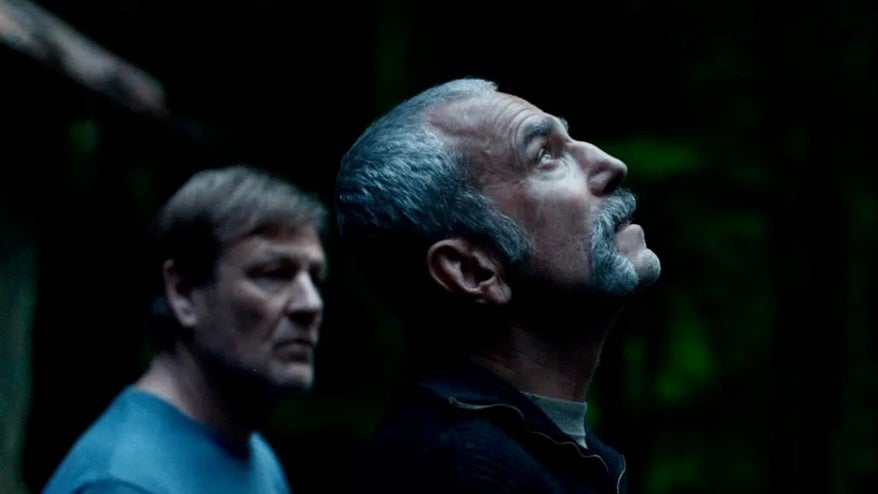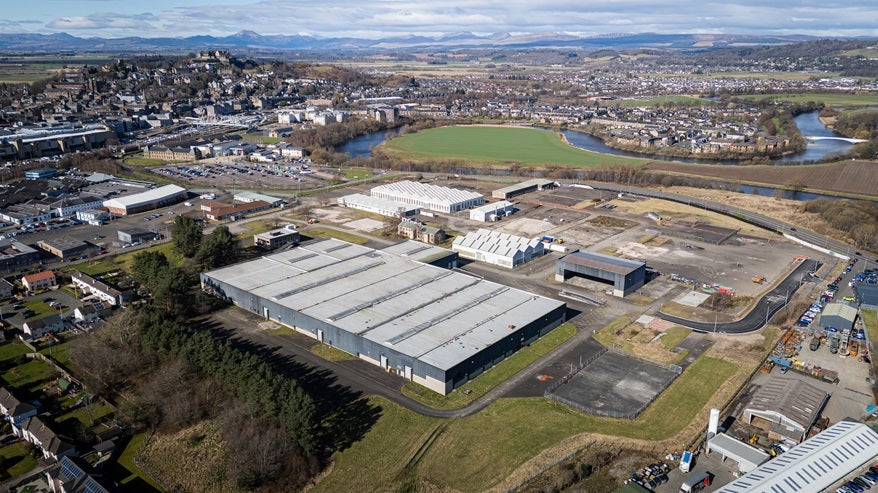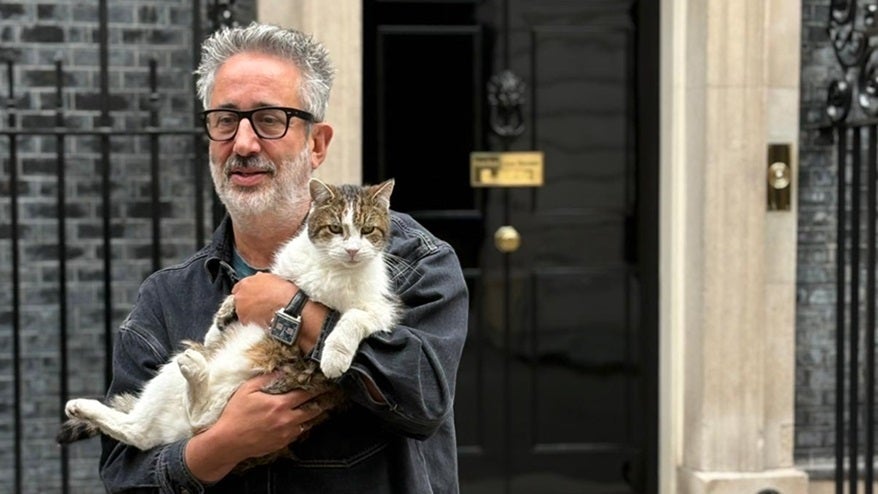Studios Spotlight – Rebellion Film Studios
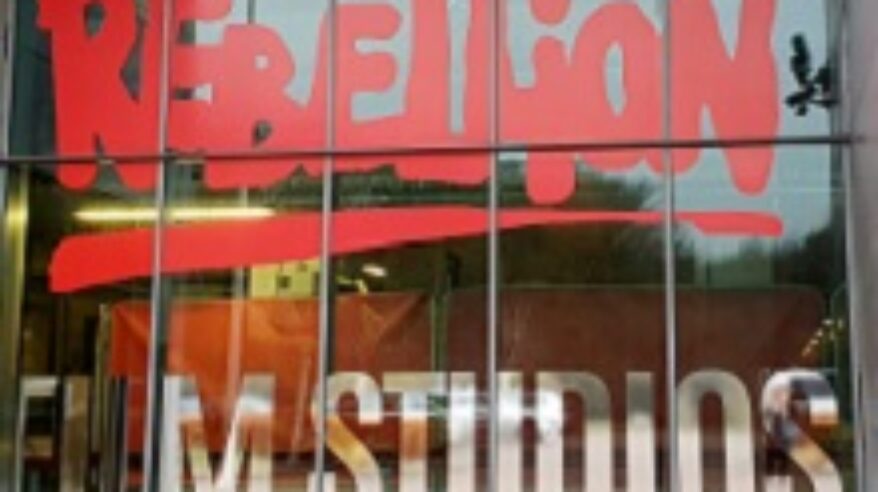
As the latest in our series of Studios Spotlight features, this week we hear from Jason and Chris Kingsley, founders and owners of Rebellion Film Studios in Oxfordshire about the facilities on offer, and how video games shoots often have bigger budgets than huge feature films or major HETV series.
Can you tell us a little about the background and history of Rebellion Film Studios?
Our fully-operational studios are large volumes on a highly-secure twelve-acre site, based in and around an £80m 2006-built former print works.
The 23,500 sq ft Capitol Stage has had extensive conversion work done, and welcomed productions as varied as TV series, multiple genres of feature film and video game shoots involving motion capture and or virtual production, and extensive commercials shoots. Productions as diverse at the high-end, like Spielberg and Hanks’ Masters of the Air, used the studio, followed by lower-budget indie werewolf movie The Experiment. The latter made extensive use of our main building which is a high-screen-value architectural location in itself.
Our in-house mo-cap company AudioMotion Studios regularly partners with Warner Bros., Disney and other companies for performance capture, either in the Didcot studio where the capture volume is Europe’s largest, or at other London venues.
We moved onto the Oxfordshire studio site at the very end of 2018 and since then we have expanded the offering further by acquiring the costume company Flame, and that huge collection, including its enormous military uniform catalogue, is located at the studio.
How – if at all – has Rebellion’s extensive experience of producing video games and comics influenced the type of live-action projects you host, or the enquiries you receive?
It certainly sets us apart. Rebellion owns and publishes sci-fi comic 2000 AD featuring Judge Dredd, but also publishes award-winning sci-fi and fantasy books under the Solaris and Abaddon labels, so we’re globally-renowned for action and science fiction, and the military-industrial look of the main studio building’s many interiors has certainly pulled in productions as a result.
As the world of film and TV collide with video games technology and games and comics storytelling, we sit there at the nexus of it with expertise in each field. The studios leverage a lot of that for external clients who have benefited from our extensive experience with Unreal Engine 5 for games and Virtual Production.
Ultimately the studios are a facility for storytelling, and offering nuts-and-bolts solutions is just as important as being on the cutting edge, supporting Virtual Production and the technologies that are following it.
Can you tell us about some of the recent projects you have hosted?
Most recently we’ve hosted The Experiment, an indie-genre film, Richard Hammond’s Crazy Contraptions TV series, and Masters of the Air which is probably the biggest TV budget project to date, but actually the video games shoots are likely to have the highest budget of all the projects to have come through the studio.
However, the NDAs on those mean we can’t share any names or details, except they’ll range from tens of millions to hundreds of millions per game.
.jpg)
Have you noticed any changes in the last few years in terms of the amount or genres of production activity and booking enquiries?
Undoubtedly the envelope for filming is stretching far past the M25, which is only good for the industry, and the film world is realising that expertise in games engine tech is not based around a London hub but is shared across the country.
So, from Bournemouth to Edinburgh there are centres of excellence, but being in Didcot in Oxfordshire means we’re accessible for many combinations of talent, and certainly the appetite for genre-storytelling shows no signs of diminishing. The UK has really made itself the go-to production base for genre storytelling due to the crafts and talents here.
The technology of films is changing and as it does so, production pipelines will mean workflows change. We’re happily very agile at working in Virtual Production and the Unreal Engine. Re-calibrating who does what and when in the lifetime of a production means pre-production, production and post are interweaving in many more ways than people would have anticipated a decade ago. But at the end of the day quality stages and facilities are still at the heart of the movies.
What would you say are your studio’s standout facilities?
The stand-out for us is that the studios are both blank-canvas facilities and also locations in their own right. From James Bond-style super villain HQ set-ups, to claustrophobic sci-fi corridors, to a landscape suitable to house a zombie apocalypse, what we have is both a high quality studio and multiple highly-secure locations that really just need some set dressing and lighting.
We have ceiling heights up to 17m which makes more possible for clients, and our stages include small volumes of 4,000 sq ft to two at 10,000 sq ft as well as the large 24,000 sq ft stage.
We’re also environmentally-aware so we are investing in extensive solar panels on our roofs and a waste digestion system on-site, as we aim for carbon neutrality.
The added bonus is the massive on-site costume department with its vast range of choice.
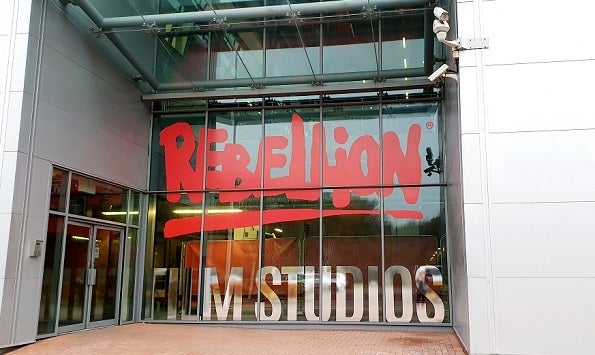
Do you think Covid highlighted any changes that may be adopted long-term at the studio?
The highly-secure location and ample space at our Didcot studios allow us to accommodate a wide range of potential COVID safety measures and protocols without having to compromise on the needs of production. The flexibility this allows should bring peace of mind to everyone involved.
Have you any plans to expand your studio?
Absolutely, we’ve already begun ground works for the next phase of development, but when we build the first of our new soundstages depends on when factoring future demand, and indeed when we can find a break in it!
How do you see the future of production in your region?
Oxford has been a go-to location for film and TV since location filming began. We’ve got a wealth of facilities and frankly, huge numbers of crew living in and around the county already. The Didcot studio is already a hub for video games shoots, and is becoming ever better known for film and TV. Our parent company Rebellion already has bookings for its next production, so that’s a very local level of inward investment but there is still more the government can do to further stimulate the screen sector.
To book a spot in our next edition of World of Studios, please email Sarah.keegan@mbi.london or alex.curry@theknowledgeonline.com.
Share this Article













